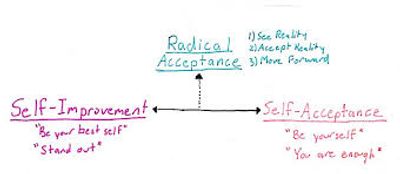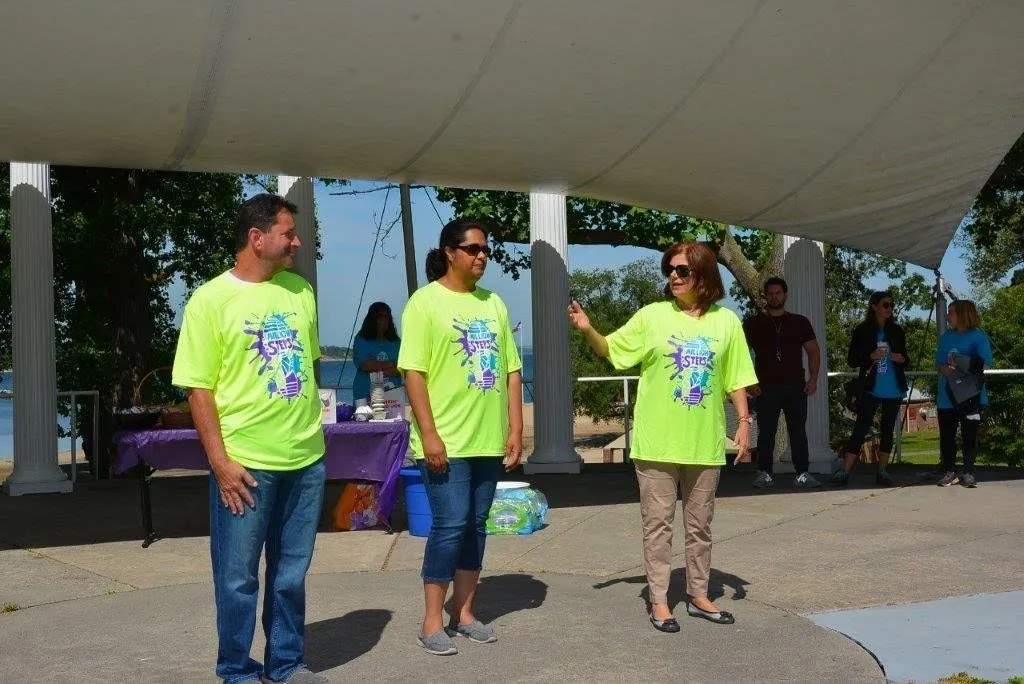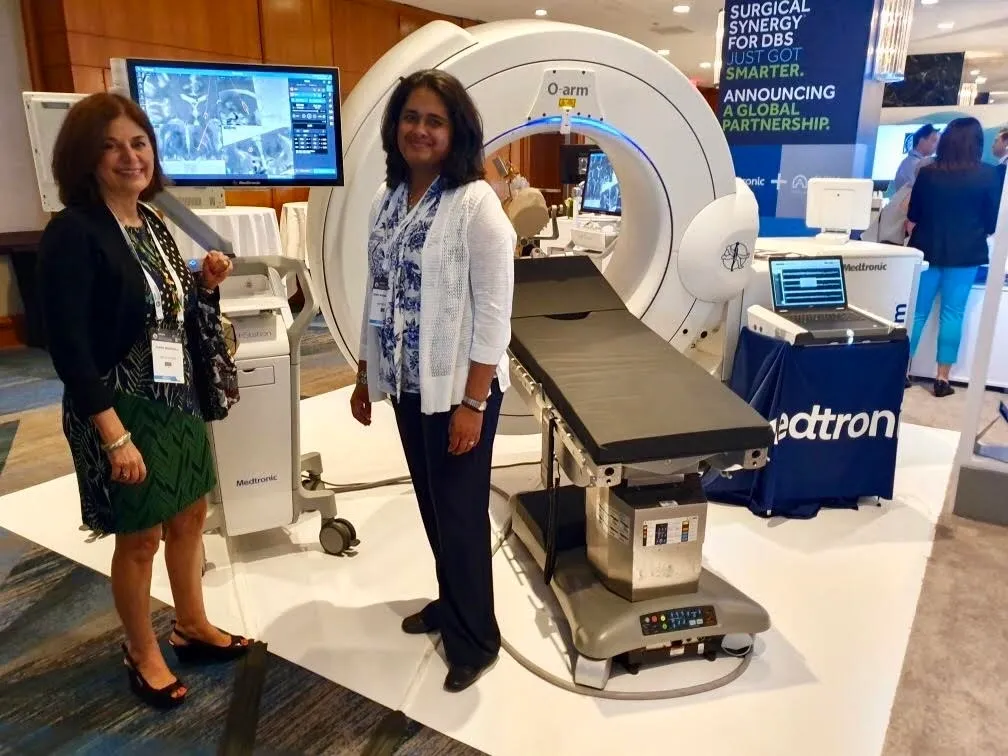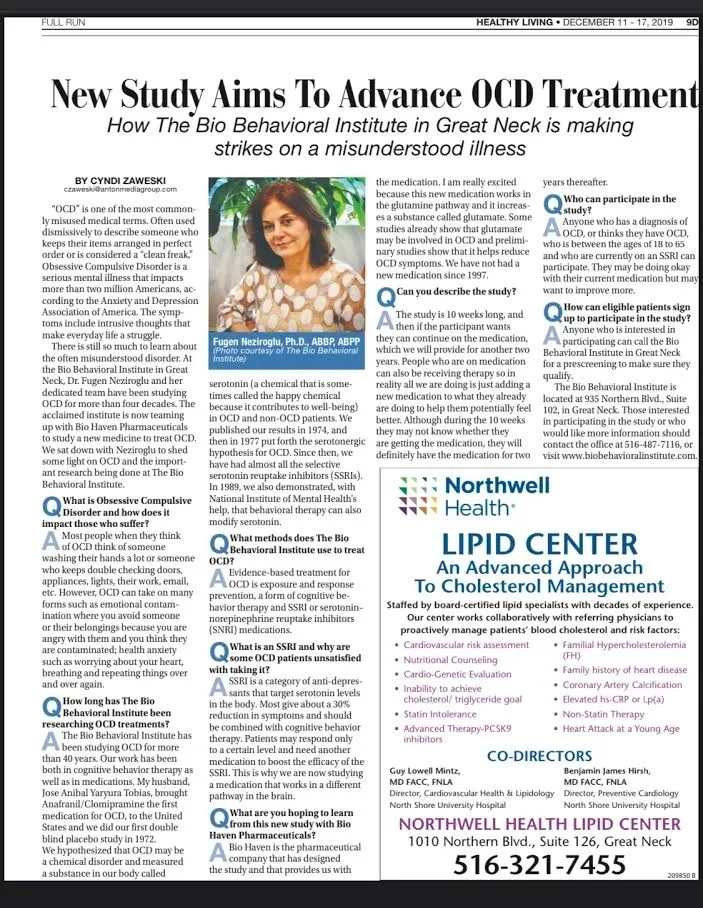
Explore our blog posts and educational resources.
Learn more about research, disorders, treatments, and the Bio Behavioral Institute approach
Featured Blog Posts

A month into the new year, many people naturally start checking in with themselves: How are my goals going? New Year’s resolutions often begin with a burst of motivation, in part because New Year’s Day feels like a fresh start.

When symptoms begin to ease and daily life starts to feel a little more manageable, many people in recovery find themselves asking a big question: “Now what?”
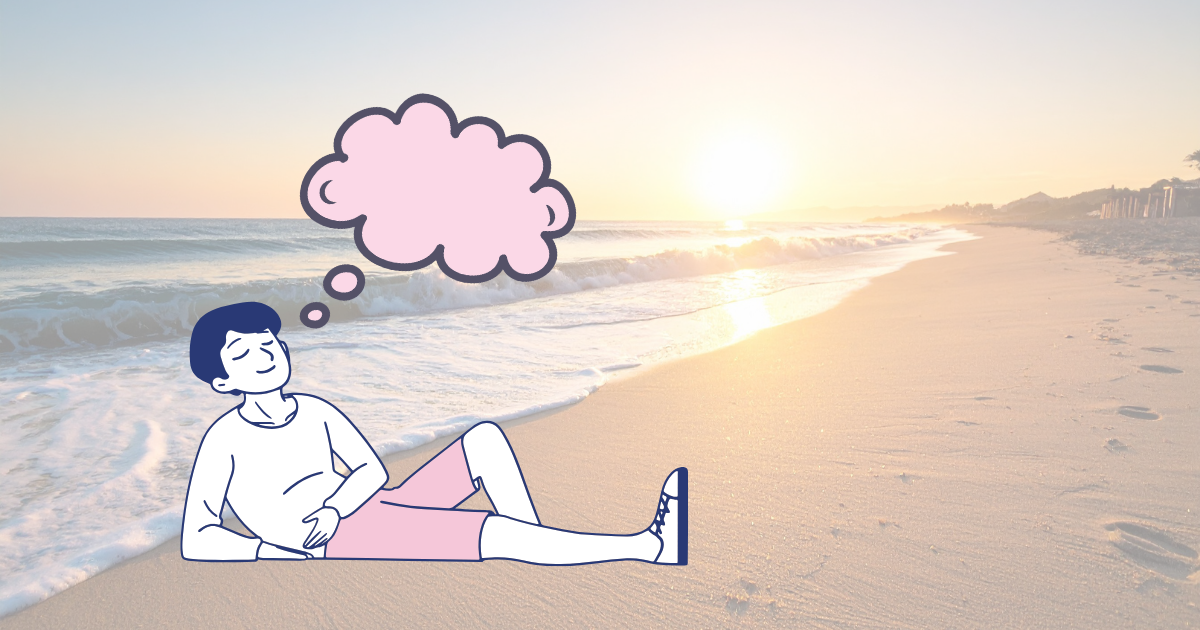
Each letter in IMPROVE represents a specific strategy for making a difficult moment more tolerable. While these skills are often taught individually, they are most powerful when viewed as a flexible toolkit.
Recent Blog Posts
.webp)
Understanding and Addressing Bullying
.webp)
Did You Know These 5 Behavioral Therapies for OCD Actually Work?
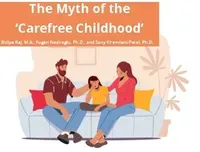
The Myth of The "Carefree Childhood"
.webp)
OCD Clinical Trial at Bio-Behavioral Institute
.webp)
Autism: A Tik Tok Trend or a Missed Diagnosis?
.webp)
Benefits of Altruism: Helping Others Is a Way to Help Yourself
.webp)
Differences Between Eating Disorders and Body Dysmorphic Disorder
.webp)
Tips on New Year's Resolutions
.webp)
Being Okay With Yourself and Your Body During The Holiday Season

You can experience life again. Let’s take steps together.
At Bio Behavioral Institute, we’re here to be your team and get you back to the life you deserve. Schedule your consultation and take the first step towards a more meaningful life.
Call our office at 516-487-7116 or complete the form to schedule your consultation.




.webp)
.webp)
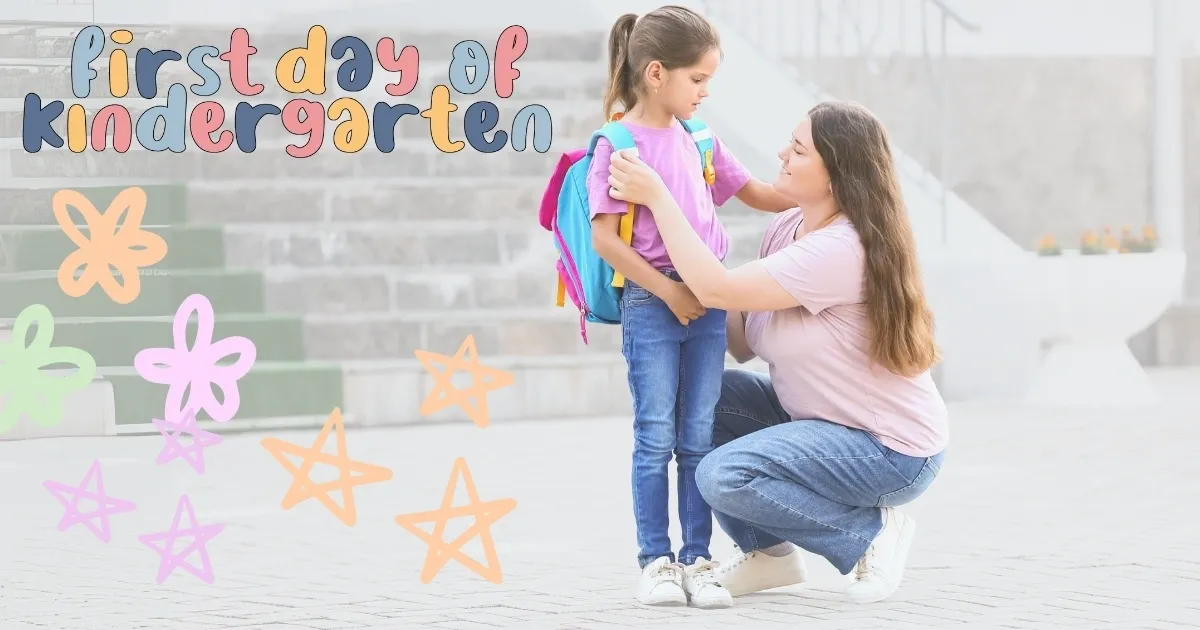
.webp)
.webp)
.webp)
.webp)
.webp)
.webp)
.webp)
.webp)
.webp)
.webp)
.webp)
.webp)
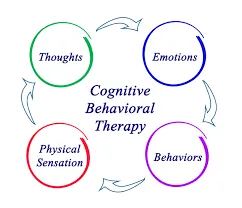
.webp)
.webp)
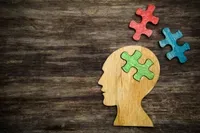
.webp)
.webp)
.webp)
.webp)
.webp)
.webp)
.webp)
.webp)
.webp)
.webp)
.webp)
.webp)
.webp)
.webp)
.webp)

.jpeg)
.jpeg)
